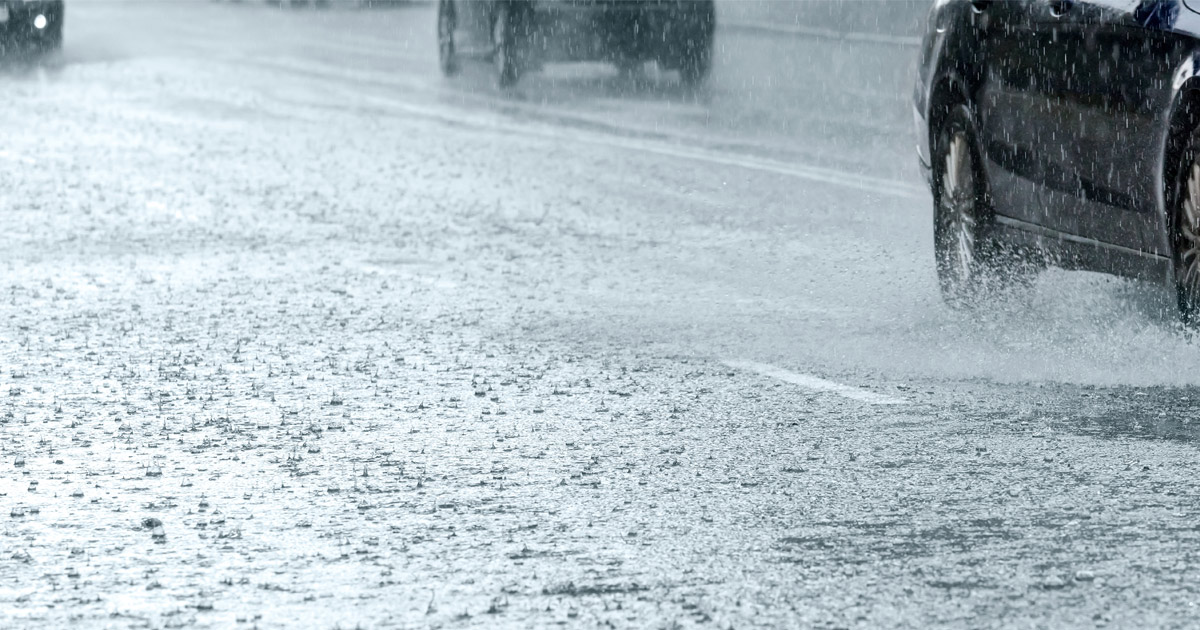What Causes Trucks to Hydroplane?
Posted on: October 12, 2022
Hydroplaning occurs when the surface of the road becomes wet, and the rainwater mixes with oil residue on the road. These slippery conditions can cause vehicles to start skidding or sliding on the road. While you may assume that the massive weight of a large truck would help it maintain contact with the road’s surface, particularly if the truck is fully loaded with cargo, even an 18-wheeler can start to hydroplane if the water pressure in front of the wheels sends water under the tires, causing the tires to lose traction with the road. If a commercial truck begins to hydroplane and the truck driver loses control of the vehicle, this can be extremely dangerous, to everyone on the road around them. If you suffered a serious injury that was caused by a hydroplaning truck accident, contact an experienced truck accident lawyer at your earliest convenience.
When Is Hydroplaning Most Likely to Occur?
It is a common misconception that hydroplaning is more likely to occur when it is raining heavily and there is a great deal of water pooling on the road. In actuality, the first ten minutes of a light rain are the most dangerous because the rainwater mixes with the oil that spills or leaks onto the roadway during dry weather. As the rain continues to fall, it washes away the oil and the roadways become less slippery. Truck drivers should use extreme caution during the initial stages of a rainstorm and take steps to avoid hydroplaning.
What Should Truck Drivers Do to Reduce the Risk of Hydroplaning?
Due to the massive size and weight of the average commercial truck, they can cause extreme property damage and devastating injuries if they are involved in an accident. Truck drivers are expected to take the necessary safety precautions whenever they are behind the wheel, and they are sharing the road with other vehicles. This includes knowing what proactive steps they should take to avoid hydroplaning and possibly losing control of the truck. The following are examples of safety precautions that all truck drivers must take:
- Maintain tires. If the truck’s tires are worn or balding, they are more likely to hydroplane. It is also important to make sure that the tires are properly inflated. Low tire pressure can cause the truck driver to have less control over the vehicles, particularly when the truck starts to hydroplane. Truck drivers must have the tires inspected regularly and replace worn tires as soon as possible.
- Slow down. During inclement weather, all motorists should reduce their speed and use extra caution. It is particularly important that truck drivers adjust their speed, slow down and maintain a safe following distance when it starts to rain. Trucks require significantly more road space to slow down and come to a complete stop when roads are wet and slippery.
- Avoid puddles. If there are potholes or areas where water can accumulate on the road, make every effort to avoid these. However, do not make sudden lane changes as this can be very dangerous if there are other vehicles in the vicinity.
- Do not make any sharp turns. Use extreme caution when making turns and avoid drifting into other lanes if making a particularly wide turn.
- Do not use cruise control. During inclement weather, truck drivers should always turn off the cruise control so that they maintain control of their speed and braking. This will also help truck drivers be more aware of their surroundings, allowing them to react quickly to a potentially unsafe situation or hazardous road conditions.
Freehold Truck Accident Lawyers at Ellis Law, P.C. Represent Victims of Hydroplaning Truck Accidents
If you or a loved one suffered a serious injury in a truck accident caused by hydroplaning, contact the Freehold truck accident lawyers at Ellis Law, P.C. To schedule a free, confidential consultation, call us today at 732-308-0200 or contact us online. From our office in Freehold, New Jersey, we serve clients in Freehold, East Brunswick, Toms River, Middletown, Jersey City, Neptune, Hudson County, Union County, Essex County, and Ocean County, as well as Brooklyn and New York, New York.


